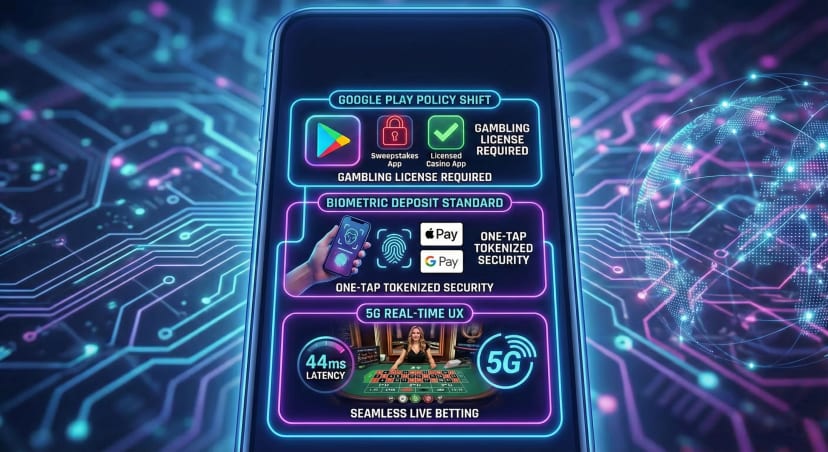Google Revises Offline Gambling Promotion Rules

Recommended casinos
Key Takeaways:
- Google tightens ad policies for offline gambling, restricting promotions to licensed operators only.
- Changes aim to curb misleading ads while preserving digital ad access for compliant brands.
- Impacts hybrid operators, pushing investment in verifiable compliance tools.
Google has updated its advertising guidelines for offline gambling activities, mandating that promotions must originate from operators holding valid licenses in the target jurisdiction. This revision, detailed in the company's latest policy bulletin, closes previous loopholes allowing unverified third-party ads to funnel traffic to physical casinos and betting shops. The policy explicitly prohibits ads that imply unlicensed operations or fail to disclose jurisdictional restrictions, with enforcement beginning immediately through automated audits and manual reviews.
This move aligns with broader regulatory pressures across Europe and emerging markets, where bodies like the UK Gambling Commission and Malta Gaming Authority have intensified scrutiny on cross-channel marketing. For operators, the implications are twofold: enhanced trust through transparency, but increased operational costs for license verification and geo-fencing technologies. Hybrid models—blending mobile apps with land-based venues—face the steepest challenges, as non-compliant ads could trigger account suspensions, disrupting revenue streams tied to integrated campaigns.
On the user side, the policy fosters safer engagement by reducing exposure to rogue promotions that exploit location-based vulnerabilities. Mobile-first players, who often toggle between app-based sportsbooks and in-person events, benefit from clearer ad disclosures, minimizing risks of jurisdictional mismatches. Early data from similar EU implementations shows a 15% drop in complaint volumes related to misleading offline offers, suggesting potential for higher retention among cautious demographics.
Looking ahead, operators must prioritize API-driven compliance platforms to automate license checks and ad tagging, ensuring seamless integration with Google Ads. This could accelerate the adoption of blockchain-verified licensing, a trend gaining traction in non-US markets. For global brands, the revision underscores the need for modular marketing stacks that adapt to platform-specific rules, ultimately strengthening the ecosystem against fraud while sustaining innovation in mobile UX.
Failure to adapt risks market share erosion to nimble, compliant newcomers, but proactive firms stand to gain from Google's evolving real-money gaming support. As 5G rollouts enable richer hybrid experiences, these policies position licensed operators as the gold standard, driving sustainable growth in a fragmented landscape.
Sources:








